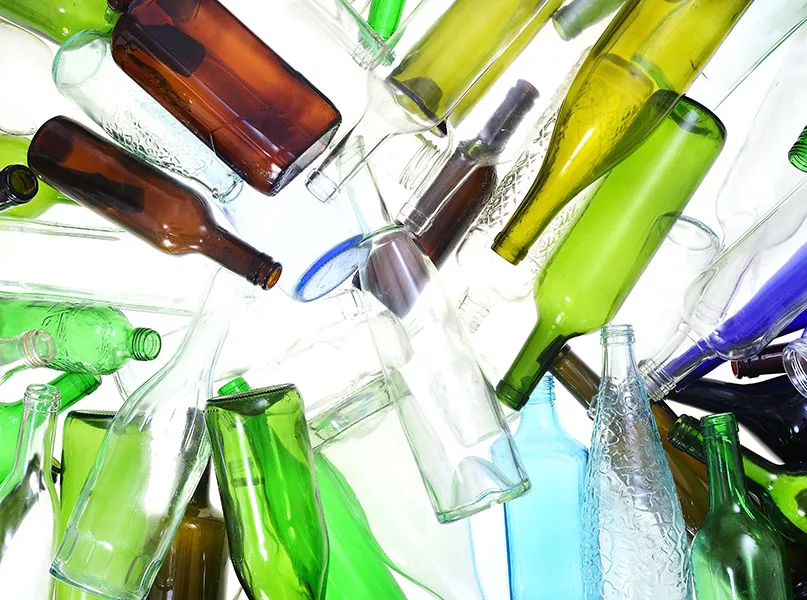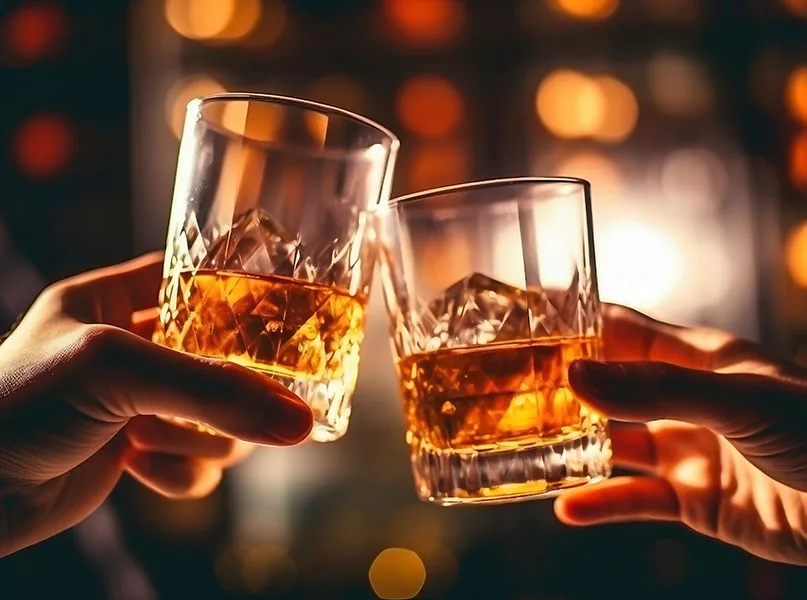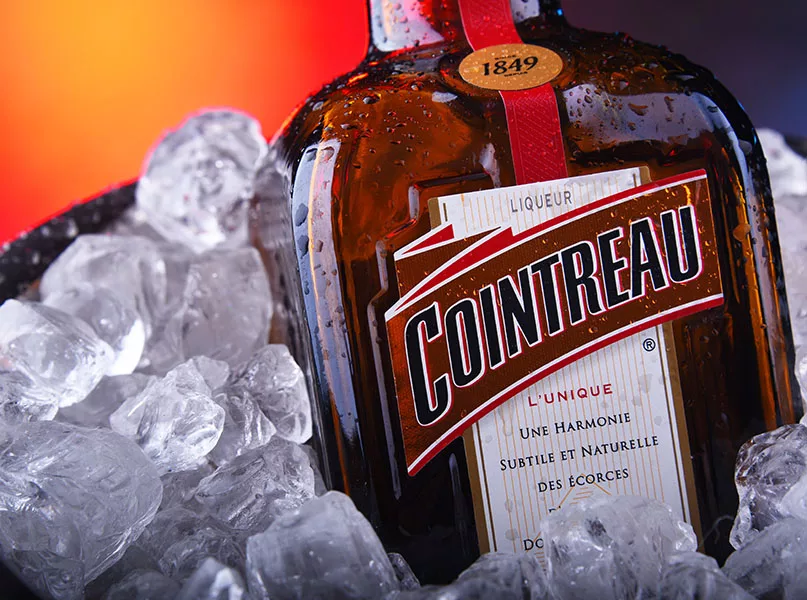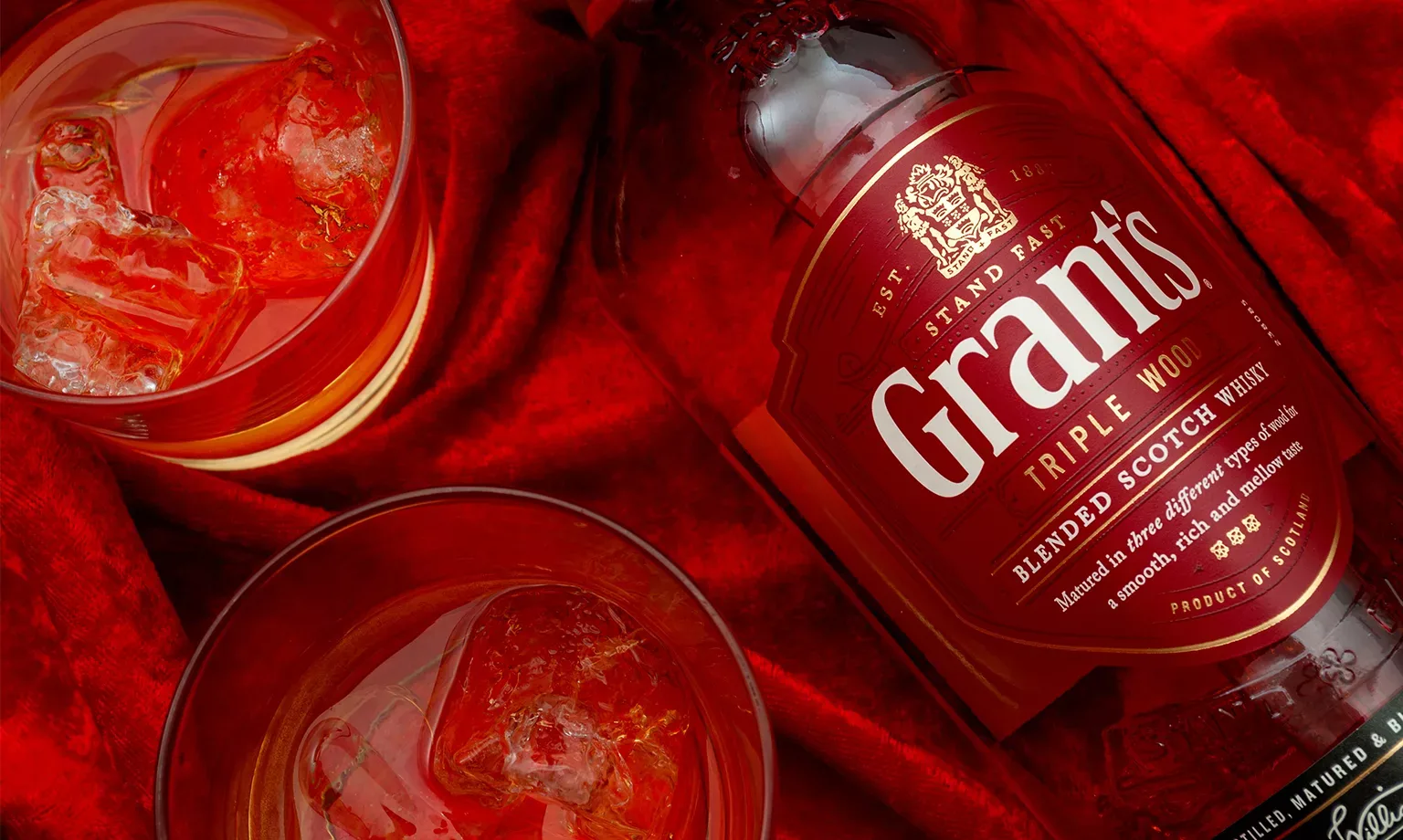With a history that dates back more than 170 years, the success of Edward Snell & Co. comes from empowering people who seek to achieve great things.
DISTILLED WITH DYNAMIC AFRICAN SPIRIT
To pursue greatness for good.
Since 1848, this has been the purpose of Edward Snell & Co. (Edward Snell), the largest independent spirits group in South Africa (SA).
From brandy and gin to rum and tequila, the company produces, distributes, and sells more than 20 award-winning local and international brands, including 100 Reserve, Bushmills, Cointreau, Jose Cuervo, Rémy Martin, and many more.
These brands are also marketed by Edward Snell in SA as well as various other African and global regions, such as Mozambique, Namibia, Eswatini, Botswana, Tanzania, Ghana, Kenya, and Zambia, amongst others.
RESPONSIBLE DRINKING
Bayanda Cwazibe, Supply Chain Director at Edward Snell, was recently elected as the new Chair of the South African Liquor Brand Owners Association (SALBA) in December 2023.
A non-profit organisation established in 2005, SALBA is mandated to represent manufacturers and distributors in the country’s liquor industry on issues of common interest, such as spirits excise duty, illicit trading, and the Liquor Products Act (LPA).
To date, Edward Snell’s involvement in SALBA has included delivering positive changes to LPA.
Indeed, the company has been instrumental in working with other association members to lobby the South African government to make changes that are future-fit, align with shifting consumer needs, and allow for innovation in the spirits category.

Thus, in partnership with other industry leaders, Edward Snell has succeeded in reducing the alcohol content in tequila from 43 percent to 35 percent.
This reduction strongly supports the company’s purpose and its desire to have a positive impact on society as it ensures lower alcohol percentages on South African shelves, leading to more responsible consumption.
The change therefore keeps Edward Snell in touch with the emerging consumer trends of responsible drinking and low-alcohol beverages.
The company has an obligation to promote the responsible consumption of alcohol and reduce its harmful use. Edward Snell hopes to continue to encourage sensible drinking while reducing total alcohol availability in line with the recommendations of the World Health Organisation (WHO).
SA’s drinking culture threatens its future prosperity, as the country has the sixth highest rate of absolute alcohol consumption per capita globally.
In response, Edward Snell has also implemented various initiatives to help conscientise the public about responsible drinking, whilst its partnership with Lyres, the world’s leading non-alcoholic spirits manufacturer, is a continuation of the company’s efforts.

SUSTAINABLE UPGRADES
With award-winning brands and empowered people, Edward Snell’s goal is to create a future that is good for all.
Long-term sustainability is at the company’s core, as it conducts its operations in ways that serve the interests of all stakeholders – staff, customers, consumers, suppliers, and local communities.
Corporate social responsibility (CSR), as well as environment, social, and governance (ESG) initiatives, are helping to foster wholesome relationships with these stakeholders and communities throughout the supply chain.
Driving sustainable stakeholder engagement is at the heart of the business, not simply to create value but to share it, and is ultimately rooted in the company’s purpose.
As a corporate citizen, Edward Snell also produces, sells, and markets its brands in a responsible way, and has made notable changes to futureproof the business and forge a path towards sustainability.
For example, the company has overhauled its bottle rinsing system and redesigned the machines that execute this function.
The new design has drastically improved Edward Snell’s water retention capabilities and delivered as much as 80 percent water savings during the bottle rinsing process.
This is particularly noteworthy given SA is categorised as a water-scarce country, where malfeasance, ineffective service delivery, and the mismanagement of available water resources and existing infrastructure continue to trigger shortages, leaks, and other disruptions. Additional challenges such as inequality, unemployment, poverty, and climate change further exacerbate the problem.
Water is a key ingredient for spirits manufacturers such as Edward Snell, whose newly commissioned wastewater plant further optimises the use of this scarce resource.
Eventually, the company’s goal is to enhance its purification capabilities to the extent that wastewater can be used for drinking and product manufacturing purposes.

NEW DISTRIBUTION CENTRE
As SA faces up to water scarcity issues, it is also contending with unreliable electricity supply.
Therefore, on top of its revised bottle rinsing system and new wastewater plant, Edward Snell has futureproofed the business even further with the construction of a new energy-efficient distribution centre that utilises solar power.
As well as alleviating the dire consequences of loadshedding, which is endangering investment, economic recovery, and business confidence, the incorporation of solar power limits Edward Snell’s environmental footprint.
In addition, the Gauteng-based distribution centre is just a stone’s throw away from the company’s existing production facility, simplifying the transportation of goods from production to distribution and saving on both time and fuel.
The increased size of this new facility, which is about 40 percent larger, will equally allow for the more efficient storage of Edward Snell’s goods.
With more than 20 spirit brands to manage and distribute across various countries, the value of the centre cannot be overemphasised as it contributes to improved throughput efficiency and enhanced business capabilities.
The new site also brings together and accommodates logistics, admin, and sales staff, as Edward Snell recognises that people are a key part of its success and therefore prioritises investing in them.
The centre houses important elements that physically represent this commitment to its employees, including open-plan workspaces and recreational facilities such as a rooftop entertainment area and a football pitch.
More than just facilitating improved efficiency and productivity, the distribution centre fosters cohesion and belonging, and capacitates the company for current and future expansion.
Therefore, as a result of this significant investment, Edward Snell is well placed for growth going forwards and excited about the opportunities that the facility will bring in the years to come, not only for the company but for the country as a whole.

































